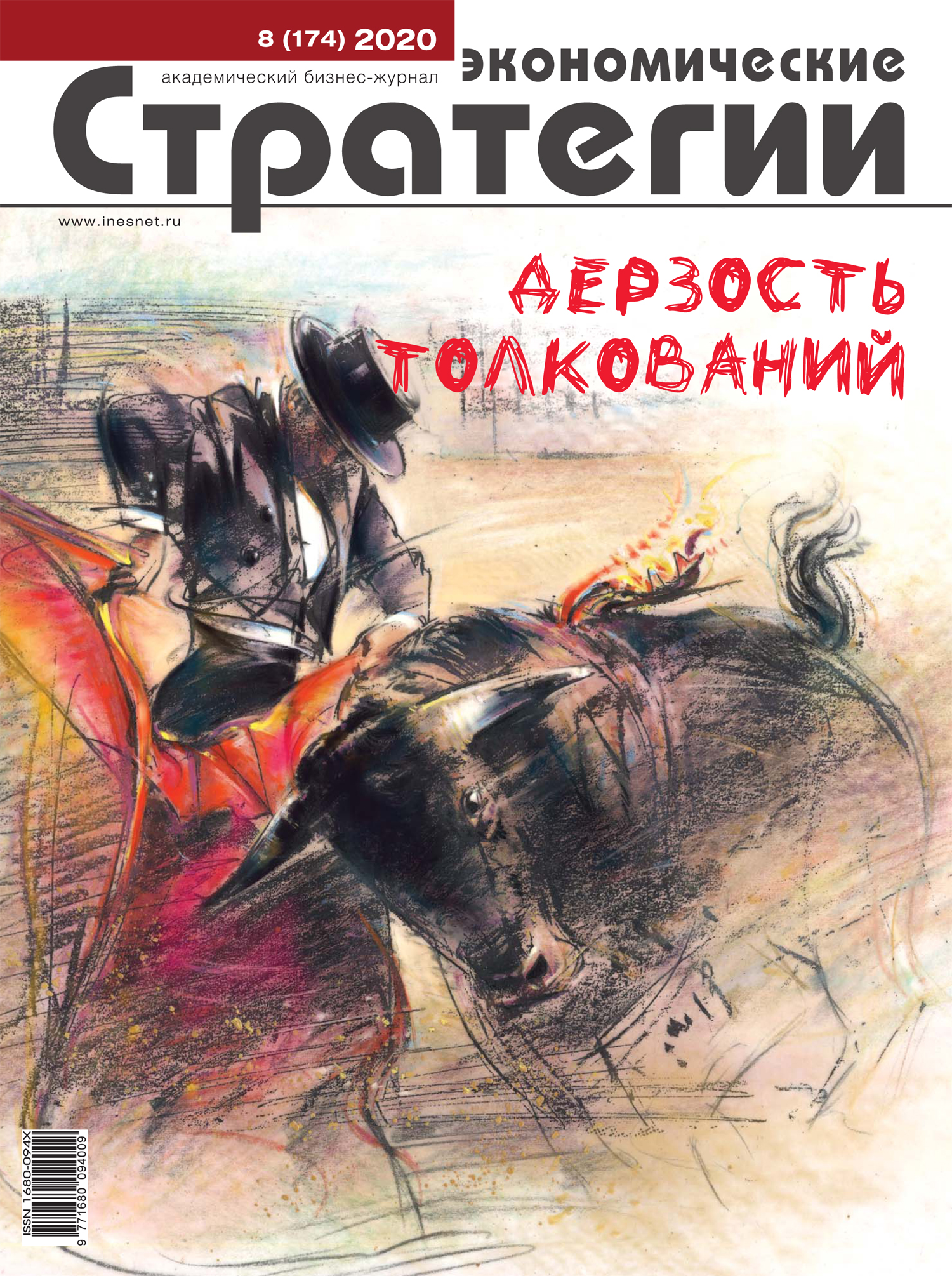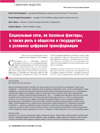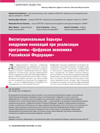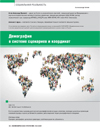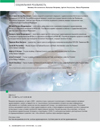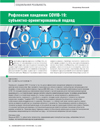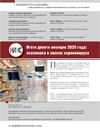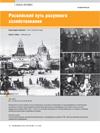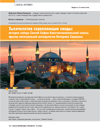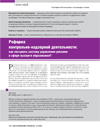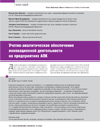Social Networks, Their Basic Factors, as Well as Their Role in Society and the State in the Context of Digital Transformation
DOI: 10.33917/es-8.174.2020.26-35
Society is historically associated with the state, which plays the role of an institution of power and government. The main task of the state is life support, survival, development of society and the sovereignty of the country. The main mechanism that the state uses to implement these functions is natural social networks. They permeate every cell of society, all elements of the country and its territory. However, they can have a control center, or act on the principle of self-organization (network centrism). The web is a universal natural technology with a category status in science. The work describes five basic factors of any social network, in particular the state, as well as what distinguishes the social network from other organizational models of society. Social networks of the state rely on communication, transport and other networks of the country, being a mechanism for the implementation of a single strategy and plan. However, the emergence of other strong network centers of competition for state power inevitably leads to problems — social conflicts and even catastrophes in society due to the destruction of existing social institutions. The paper identifies the main pitfalls using alternative social networks that destroy the foundations of the state and other social institutions, which leads to the loss of sovereignty, and even to the complete collapse of the country.


